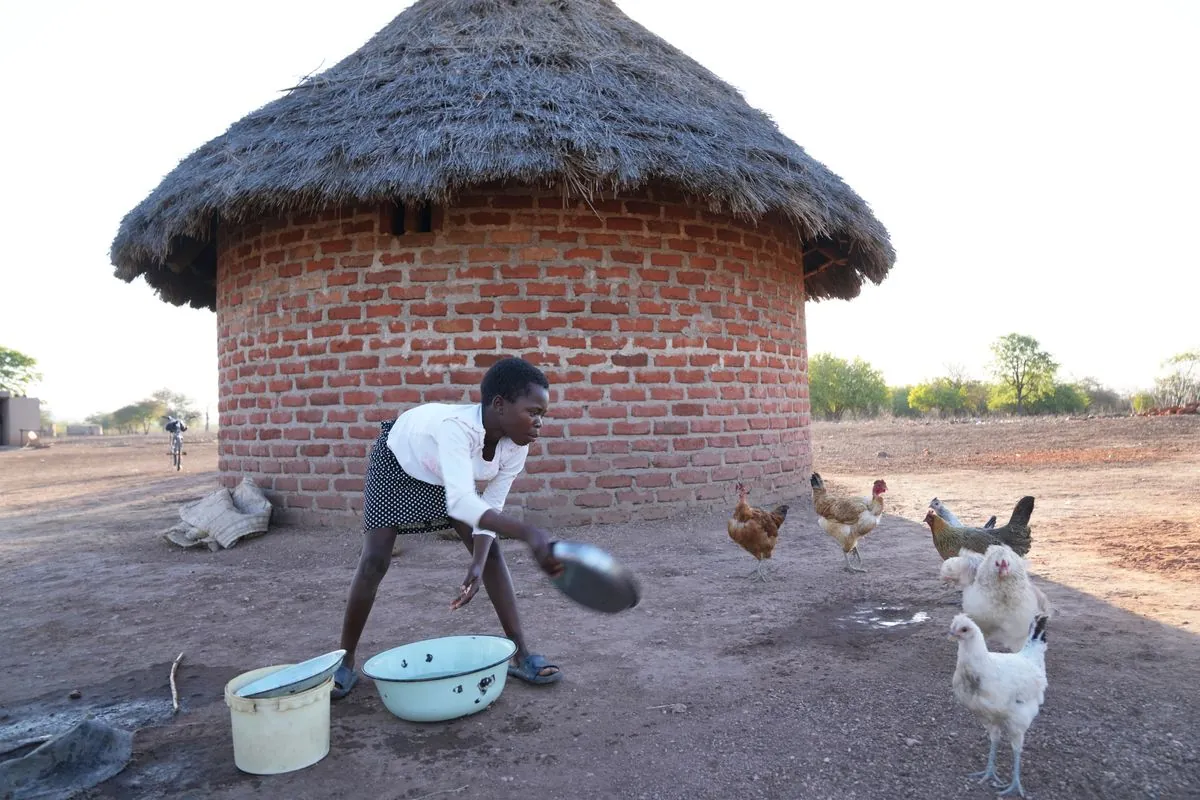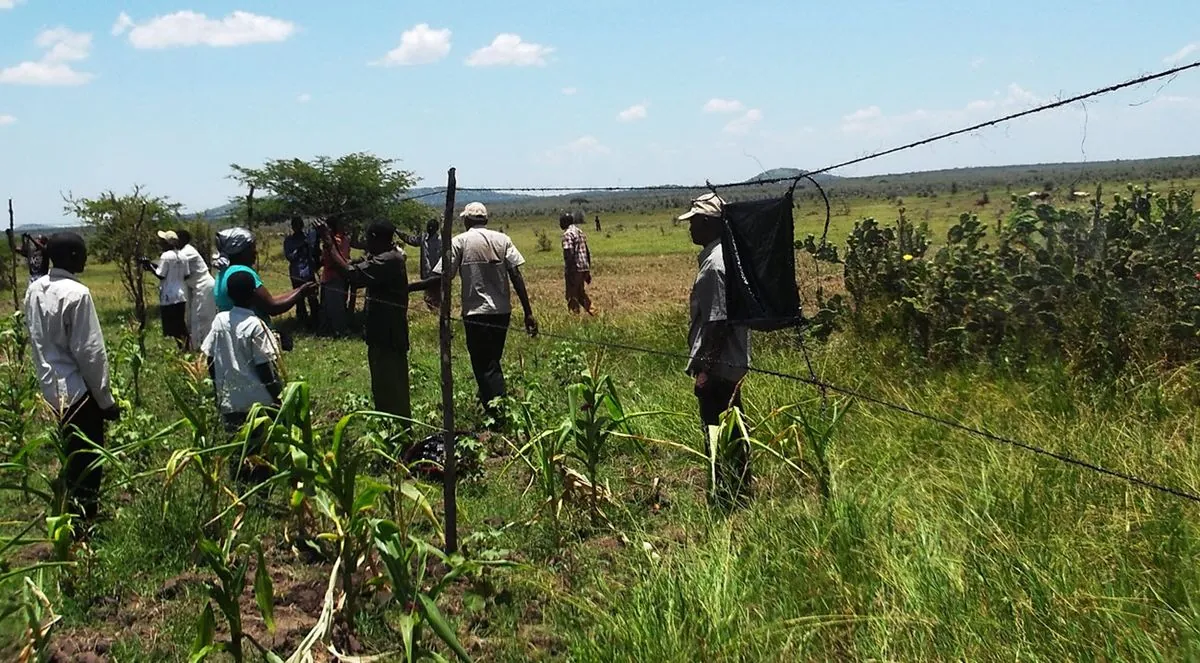Former Poacher Turns Conservationist in Drought-Stricken Zimbabwe
In Zimbabwe, a reformed poacher now advocates for wildlife conservation amidst increasing human-animal conflicts. Climate change and habitat loss are fueling tensions in rural communities.

In the southeastern region of Zimbabwe, a remarkable transformation has taken place. Tembanechako Mastick, once a poacher, has become an unlikely champion for wildlife conservation. His story unfolds against the backdrop of escalating human-wildlife conflicts in a country grappling with the effects of climate change and habitat loss.
Mastick's journey from poacher to protector began after a stint in jail for illegal hunting in the Save Valley Conservancy, one of Africa's largest private game reserves. During his incarceration, he participated in a program aimed at reforming poachers, which profoundly altered his perspective on wildlife conservation.
"I began to realize that animals are for the benefit of the entire community, so poaching is a selfish act. I can kill a zebra today and eat it or sell the meat, but I am the only one who benefits. But if tourists come to view that same zebra, it is the entire community that benefits from the income."
The challenges facing Mastick's community are numerous. Zimbabwe, a landlocked country in southern Africa, has been experiencing increasingly severe droughts, partly attributed to El Niño weather patterns. These climatic shifts have led to crop failures and reduced grazing land for livestock, pushing both humans and wildlife into closer proximity and conflict.
In Chiredzi, a semi-arid town in Masvingo Province, villagers struggle to protect their crops and livestock from wildlife incursions. Elephants, the largest land animals on Earth, raid vegetable gardens, while predators such as lions and hyenas target cattle and goats. Even donkeys, crucial for labor and transport, fall victim to attacks.

The situation has been exacerbated by Zimbabwe's controversial land reform program, initiated in 2000. This policy led to human settlements encroaching on wildlife territories, including the Save Valley Conservancy. As a result, the conservancy has lost over 30% of its wildlife habitat, further intensifying human-animal conflicts.
Dingani Masuku, the community liaison manager for Save Valley Conservancy, highlights the link between these conflicts and climate change. "All resources are scarce. So we have to compete (with animals) for those resources," he explains.
In response to these challenges, Mastick now uses his experiences to educate his community about the importance of conservation. He advocates for alternative livelihoods and sustainable practices, drawing on the carpentry skills he learned in prison. His workshop, where he crafts furniture from local materials, has become a hub for both economic activity and conservation awareness.
The impact of Mastick's efforts is gradually becoming apparent. While precise data on poaching rates is scarce, there are indications that fewer men from his village are engaging in illegal hunting. His credibility as a reformed poacher lends weight to his message, inspiring others to seek alternatives to poaching for survival.
As Zimbabwe faces an uncertain future with drier months ahead, the work of conservationists like Mastick becomes increasingly crucial. Their efforts to balance human needs with wildlife protection represent a vital step towards sustainable coexistence in a changing climate.


































